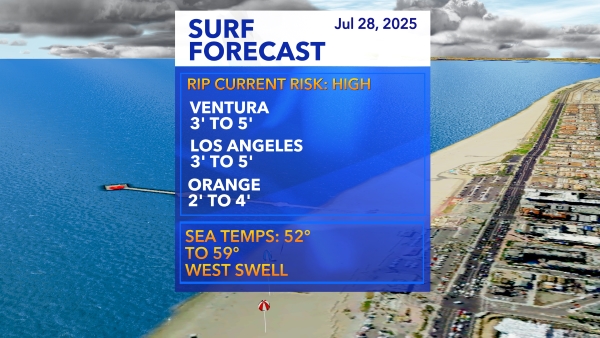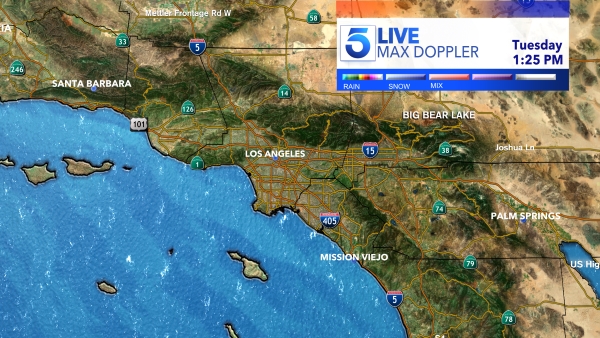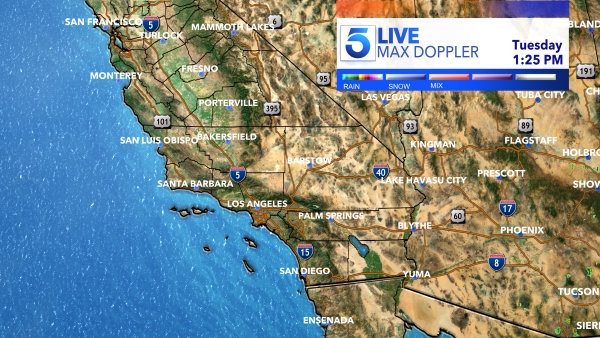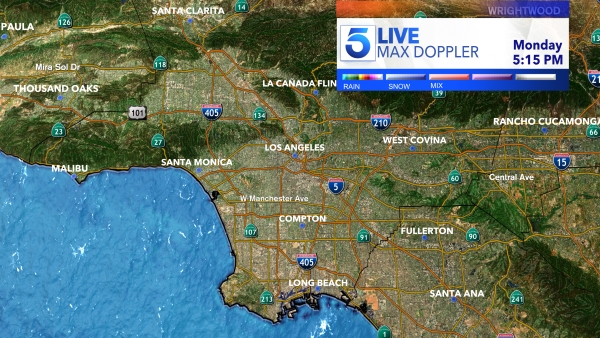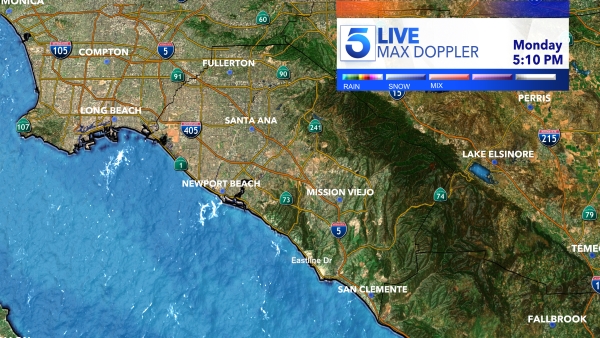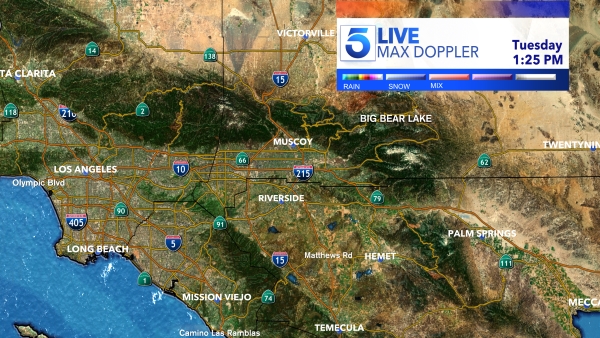As it looks increasingly likely a strong El Niño will stick with us through winter, we’re getting a peek at how the climate phenomenon might impact the weather this holiday season.
The National Weather Service’s Climate Prediction Center released a new long-range weather outlook Thursday, previewing what the next three months of weather might look like. The forecast includes the early part of winter — but the outlook doesn’t look very wintery just yet.
Instead, a record-breaking hot summer has stretched into a warm fall for many. That trend appears set to continue for much of the country.
The Pacific Northwest and Northeast are most likely to have above-average temperatures through December. The West Coast, Southwest, Gulf, East Coast and Great Lakes are all also leaning toward a warmer-than-average late fall and early winter.

In states where the temperatures do drop, it doesn’t look likely they’ll be accompanied with blankets of wintery snow — at least not yet. The northern states are looking likely to have below-average precipitation or, possibly, equal chances of a dry season, wet season or normal season.
Southeastern states, on the other hand, look most likely to have above-average precipitation the next three months. The outlook comes amid a busy hurricane season in the Atlantic, which has already produced 14 named storms.
The official Atlantic hurricane season runs through Nov. 30.

As we get closer to winter, the impacts of El Niño are likely to become even clearer. La Niña and El Niño both tend to reach their peak in the winter.
During an El Niño winter, the southern third to half of the United States, including California, tends to get more precipitation. (Exactly where that dividing line falls varies from year to year.) Meanwhile, the Pacific Northwest and parts of the Ohio Valley tend to be dry and warm.
Hawaii also often sees below-average rain during an El Niño fall, winter, and spring season.
Last week, forecasters with the National Oceanic and Atmospheric Administration said there was a 71% chance of a historically strong El Niño forming this year.
Even more certain is the durability of this year’s El Niño. NOAA forecasters said there’s a larger than 95% chance it last until the start of spring and a 60% chance it keeps going all the way until summer.
